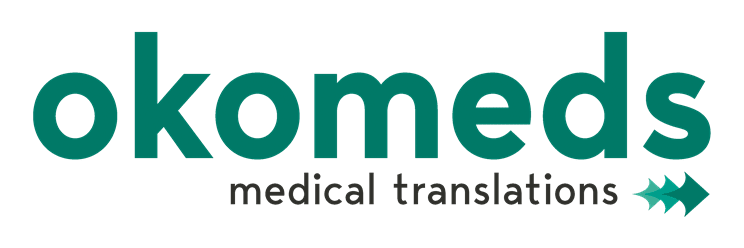
16 Jan Three interesting facts about translating clinical trials
The translation of clinical trials is an exciting discipline. It is also one of the biggest workloads for medical translators. The fact is simple. There are countless clinical trials every year and all of them need a quality translation in order to make new research available. Would you like to discover three interesting facts about the translation of clinical trials? Let’s get to it!
What are clinical trials?
Clinical trials are of vital importance to the advancement of medicine, as they allow diseases to be investigated and evaluated in a controlled and regulated way. Clinical trials involve patients who meet a number of requirements defined by the trial protocol, known in the jargon as inclusion and exclusion criteria. Documents related to clinical trials include protocols and informed consents.
The most curious facts about translating clinical trials
-
They are very complex texts
The medical translator who translates clinical trials must not only master specialised medical language, but also the standard language accepted by international organisations and ethics committees. The translation of this type of text is a highly complex process that puts the skills of the professional who dares to tackle it to the test. This is why it is essential to use a medical translation agency to carry out this type of work.
-
English dominates
English is the dominant language when it comes to clinical trials. This is not surprising, as English is the language of science. What is surprising is that many of the trials conducted by large laboratories, in which the working language is usually English, are carried out in developing countries for reasons of economic convenience. In these cases, all protocols will have to be translated into the language spoken by the study participants to ensure that they are understood.
-
Broad terminology
Clinical trial documents contain a wide variety of terms from the fields of statistics, genetics, pharmacy, law, physiology and the language used in laboratories.






Sorry, the comment form is closed at this time.